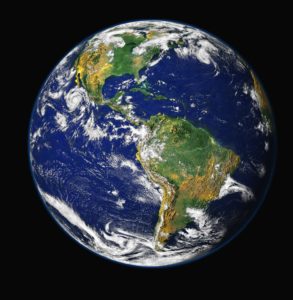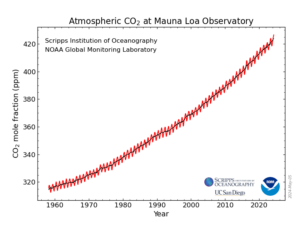 Summer 2024 was the hottest summer on record, and this is following last summer (June through August) - which was the hottest summer globally up to that point. As you can see, the bar keeps rising.
Summer 2024 was the hottest summer on record, and this is following last summer (June through August) - which was the hottest summer globally up to that point. As you can see, the bar keeps rising.
Looking back years from now, we may view the summer of 2024 as "cool" compared to what's ahead.... Climate change, of course. The world is in uncharted territory now.
From Yale E360 (Yale School of the Environment): This Summer Was the Hottest on Record
The summer of 2024 set new records, European scientists have found. The world has never seen temperatures reach so high between June and August. ...continue reading "Summer 2024 Was the Hottest On Record"

